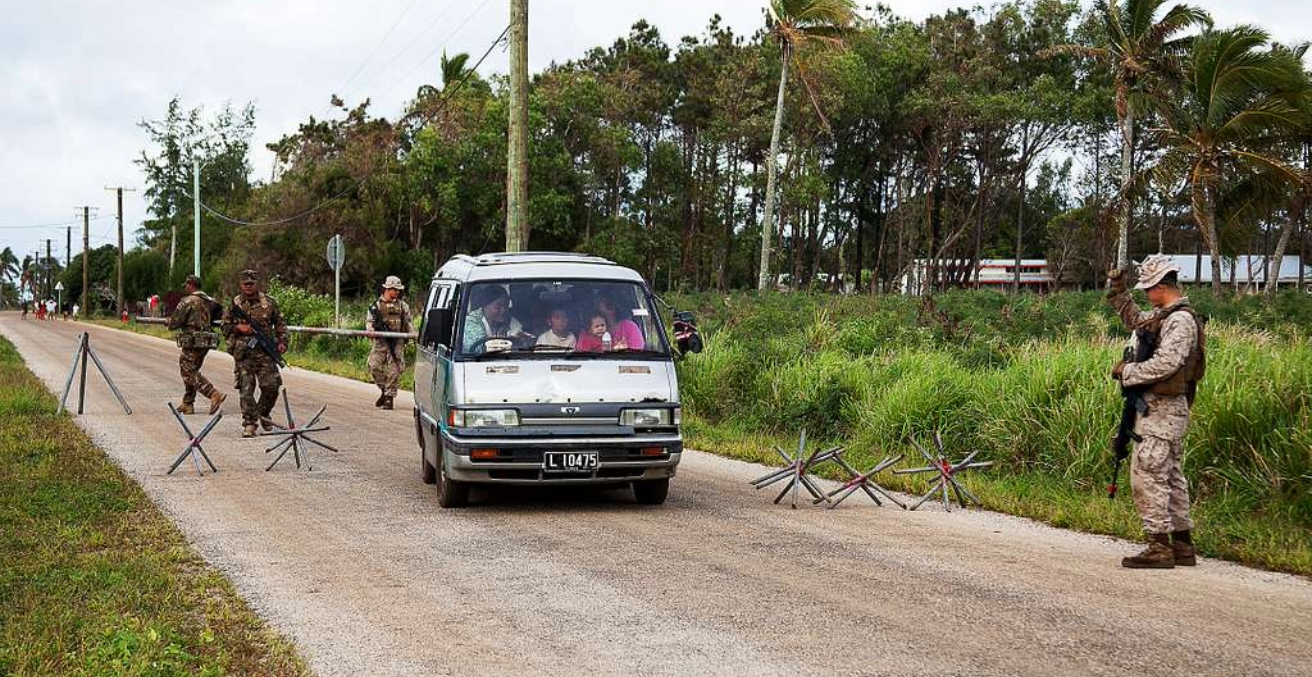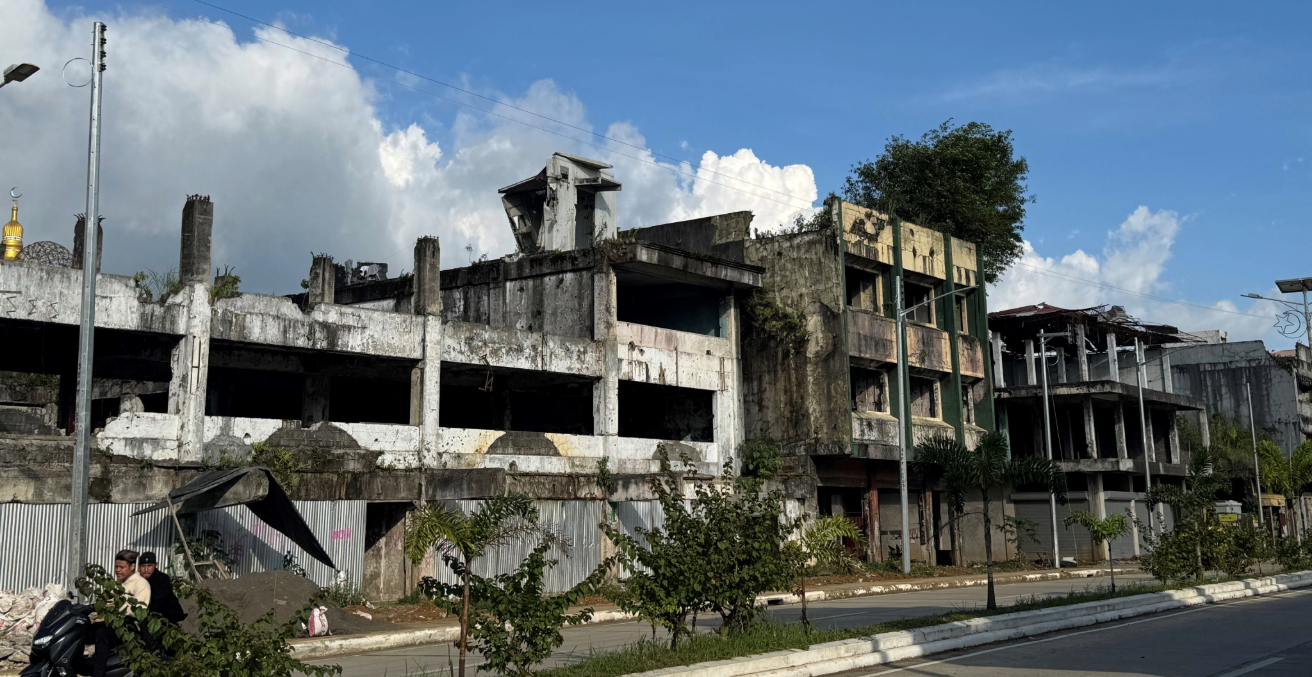Since 1999 when Nigeria returned to democracy, the country has been plagued by insecurity and violence, which have impacted socioeconomic development. A key question many analysts and watchers of the country frequently ask is: Has democracy fostered insecurity in Nigeria?
For administrative purposes, Nigeria is divided into six geo-political zones and include the North-West, North-Central, North-East, South-West, South East and South-South regions. While the Northern areas are predominantly Muslim, the South-West region is more religiously diverse, while the South-South and South-East regions are predominantly Christian. Religion has been a divisive issue in the country since the period of colonisation.
In addition to religion, ethnicity is another significant issue that divides the country and sometimes results in conflict. Seven years after independence in 1960, the country was plunged into a bloody civil war fought along ethnic lines, resulting in the death of over two million Nigerians, with many more injured and displaced. The scar of the civil war remains, particularly in the South-East region where most of the fighting took place. For instance, the main secession movement, which includes the Indigenous People of Biafra, accuses the leadership of the country of ethnic delineation and neglect. The group has been accused of attacking police stations and killing dozens of security operatives.
While religion and ethnicity are key issues of strife and conflict in the country, the resulting impact of these conflicts is the formation of several insurgent groups in almost all the geo-political zones of the country. Although there have been several attempts by groups to take up arms against the state since independence, previous military regimes have taken a hard stance, using every means possible, including force to prevent their establishment. The same cannot be said of democratic regimes.
For the moment, at least, there seems to be a correlation between democracy and the formation of insurgent groups. The military ruled Nigeria between 1966 and 1999, with a brief interregnum between 1979 and 1983. The first significant insurgency was the Maitatsine movement which was formed in 1980, a year after the country returned to democracy. The group was led by Muhammadu Marwa, a Cameroonian who had lived in Nigeria since 1945. The aim of the group was to oppose the Nigerian state, which was accused of adopting a western lifestyle, including education and development. The group was quashed when the military returned to power in 1983.
Although there were different groups with agitations against the Nigerian state between 1983 and 1999, none resulted in insurgency until Nigeria returned to democracy in 1999. The first insurgency after 1999 was the Niger-Delta insurgency, sometimes called the Niger Delta conflict. The crises in the Niger Delta (Oil-rich South-South region of Nigeria) were the result of accumulated protests against oil exploration and environmental degradation in the region. While the region generates most of the country’s foreign exchange earnings through oil exploration, its communities remain in poverty, with oil explorative activities impacting the livelihoods of the people who have been traditionally farmers and fishermen. After a long campaign that started in the late 1980s, youths in the region took up arms against the State in the early 2000s culminating in the formation of several insurgent groups.
Around the same time, another insurgency was forming in the North-Eastern part of the country. Boko-Haram, which means “Western education is a sin,” developed in the North-Eastern state of Maiduguri. Once labelled a “ragtag” militia, Boko-Haram grew to become one of the most dangerous terrorist groups in the world. While the Nigerian government securitised the response to Boko-Haram and committed considerable resources to combating the group, other insurgent groups mutated from it to form in the South East (Unknown gunmen) and North Central (Armed herdsmen) regions of the country.
In addition to religion and ethnicity, which are often considered responsible for conflicts and the formation of insurgent groups, the large number of young and unemployed youths in the country is also a contributing factor. With youth unemployment at 43 percent and over 35 million people living in poverty, there is a large pool of young people forced into joining insurgent groups to make a living. Groups such as Boko-Haram have blamed the Nigerian government for the fate of young people and enticed them to join them to fight the perceived injustice.
In addition, there is a north-south divide in educational attainment in the country. This is partly attributed to the Almajiri Islamic education system practised in Northern Nigeria. The system requires young boys (as young as five years old) to leave their homes and stay with Islamic teachers who often exploit them by sending them to the streets to beg for money in the guise that this is part of their teaching. The program has resulted in millions of children out of school and has contributed to the growing pool of uneducated, unskilled young men in the country.
A third factor here also is Nigeria’s porous borders which have allowed the unfettered movement of weapons into the country. The land borders of Nigeria are poorly policed, and with the Northern region bordering the Sahel (a major hub for drug and arms trafficking), insurgent groups have been able to import weapons freely into the country.
Finally, there is the issue of political manipulation and patronage that continues to run strong throughout the country. Since Nigeria returned to democracy in 1999, elections have been a “winner takes all” affair with many politicians sponsoring armed groups to attain or retain political position. This factor has been identified as a main reason for the transformation of groups like Boko-Haram and the Movement of Emancipation of Niger Delta from ragtag militias to deadly insurgencies.
In answering the question of whether democracy fosters insecurity, it is important to highlight the role of the rule of law which is a key tenet of democracy. Previous military regimes in the country did not have to worry about the rule of law, relying instead on maximum force to subdue insurgencies. Adhering to democratic principles means Nigeria must find alternative ways to combat insurgency. Thus, the political and socioeconomic drivers of conflict and insecurity must be addressed and policies which promote economic growth and job creation for the teeming youths must be a priority. Finally, it is essential to reform the Almajiri system either by linking it to secular education or some form of apprenticeship to provide essential skills for the millions of young boys involved in the program.
Dr Olayinka Ajala holds a doctorate degree in Politics from the University of York and a Masters degree in Globalisation and Development from the Institute of Development Studies, University of Sussex. In 2014, Olayinka was a visiting fellow/lecturer at the Combating Terrorism Centre, United States Military Academy, West Point. He also consults for local and international organisations including the European Union and Ministry of Defence, UK.
In 2014, Olayinka was a visiting fellow/lecturer at the Combating Terrorism Centre, United States Military Academy, West Point. He has consulted for local and international organisations including the European Asylum Support Office (EASO), the Government of Belgium and was a lead panel analyst on ‘Terrorism and Counter-Terrorism in Africa’, a round table discussion at the John F Kennedy School of Government, Harvard University.
This article is published under a Creative Commons Licence and may be republished with attribution.




